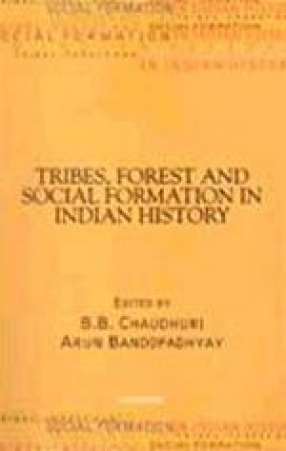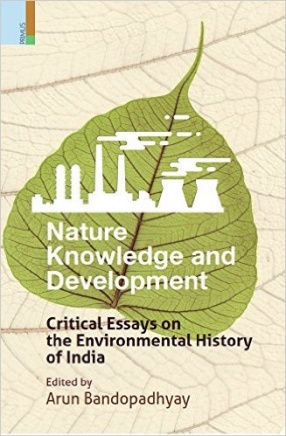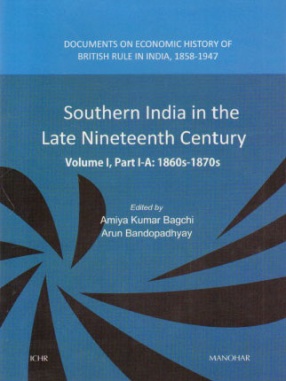A comprehensive social history of tribes and forests in India is yet to be written. However, considerable research work has been done in the last few decades on the variations of social formation emanating from the relationship between multiplied over time. To what extent were the tribes or communities residing in forests living in isolation of peasant society? How far were they prudent in the use of forest resources in different periods? How did state formations affect natural resource exploitation and the respective social formations over time? What was the exact nature of colonial watershed in ecologic terms? How have the issues related to forest management and community rights been tackled in post-colonial years? In the wake of the emergence of subaltern studies in the 1980s and the ecological studies in the 1990s, a need was felt to approach these questions from new perspectives. The present volume, mainly combines revised versions of the papers presented at a Panel organized by the Indian History Congress in 2001. It includes twelve articles besides an Introduction by the editors. It argues that since the 1970s old issues of economic development and social integration have given place to the new ones of community, culture, power, class and identity in recent years. The contributors represent multiple viewpoints, question old assumptions, revise them whenever possible and often take altogether new possible and often take altogether new positions to stimulate academic interest to promote further studies and research on the subject.
Nature, Knowledge and Development: Critical Essays on the Environmental History of India
Environmental history is a ...
$64.80
$72.00









There are no reviews yet.